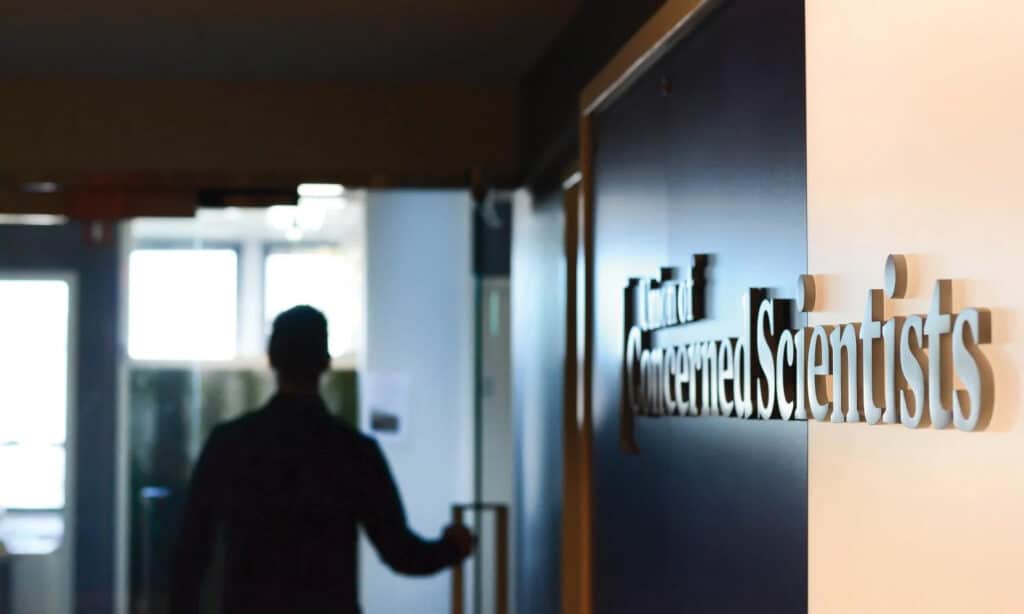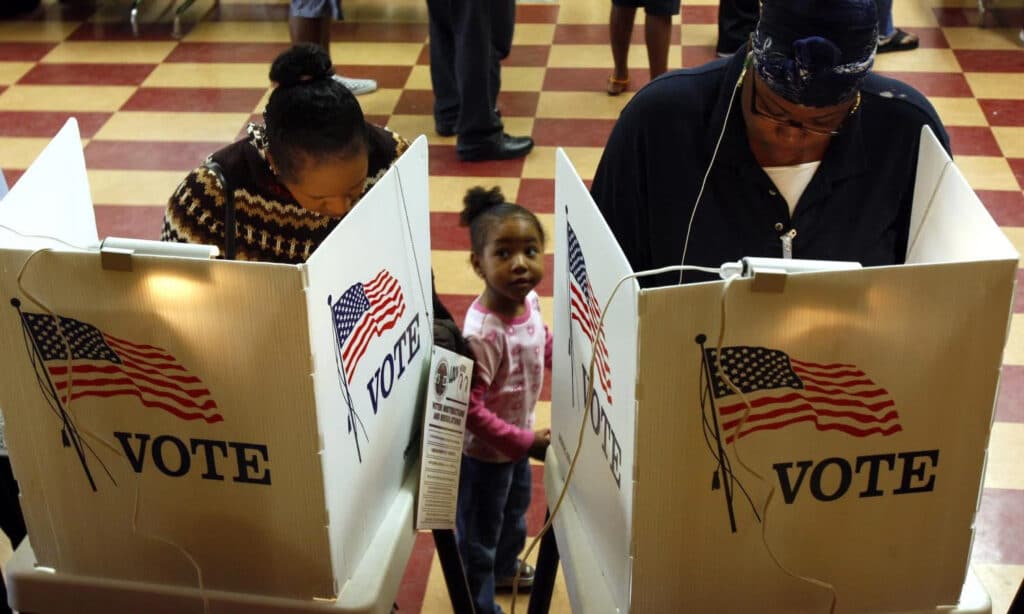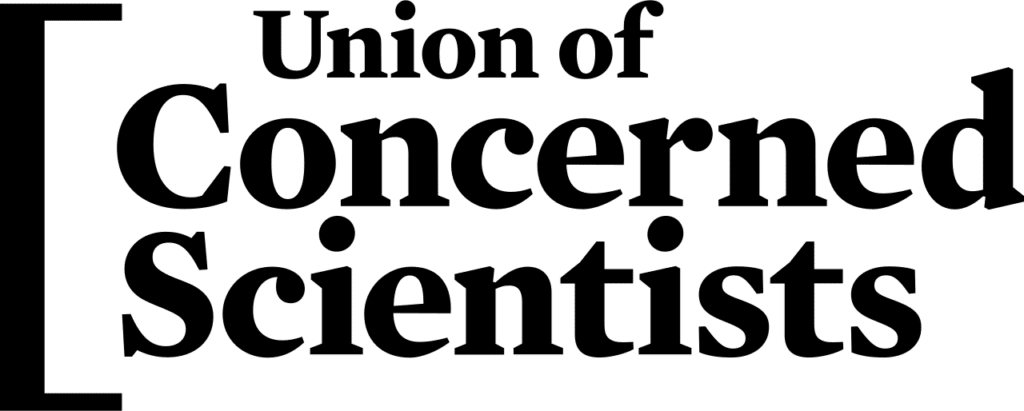The Union of Concerned Scientists puts rigorous, independent science into action, developing solutions and advocating for a healthy, safe, and just future.
We aim to do this in accordance with our values:
- Science in the service of people and the planet.
- Justice and equity for people of all races and incomes— now, and for future generations.
- Courage to take principled, science-based stands in the public arena.
- Integrity to always examine evidence critically, openly, and honestly.
- Democracy to promote a voice for all in government decisions.
- Action inspiring and mobilizing people to build a healthier, safer, and more just world.
Justice, Equity, Diversity and Inclusion (JEDI) at UCS

Established in 2022, the JEDI Office at UCS has been building the foundations of our JEDI work, leading several key projects including a comprehensive internal evaluation of our JEDI principles in action as a baseline means of strategizing. These projects include:
- Implicit bias education in orientation and onboarding
All new staff go through JEDI onboarding which includes guided implicit bias education. - Environmental justice education
Organization-wide environmental justice education in environmental justice principles and history. Inclusion of this training for onboarding in the future. - Mitigating bias in interviewing and hiring education
A session for managers and supervisors to enhance our ability to create an inclusive and diverse workforce.
We also prioritize maintaining the authenticity and integrity of our external partnerships by centering three main objectives: Supporting existing partnerships and relationships; Broadening our reach to diverse partners with whom we align in values; and Deepening existing partnerships, depending on the needs and priorities of the times. Within each of these objectives we emphasize flexibility and trust building, co-creation, and elevating our partners perspectives.
Equity in the UCS Center for Science and Democracy

To protect public health and build an equitable society, we need policies that center the public interest and are informed by the best evidence. Everyone deserves the chance to take part in the decisions that affect their lives.
Here’s how the Center for Science and Democracy at UCS is fighting for these values:
- We’re fighting for strong scientific integrity protections that will ensure that policies are based on science—not on the narrow interests of politicians and powerful industries. Scientific Integrity means that science serves all communities equitably. It means that research and evidence must be free from political or corporate interference and bias, especially biases that disproportionately harm marginalized communities. From safe drinking water to clean air, stronger scientific integrity policies will advance transparent and inclusive scientific practices for healthier communities. Political interference in science disproportionately harms marginalized communities with the least access to the political process. A strong and healthy democracy reflects the will of the people, not the special interests of the wealthy, powerful, or politically connected.
- Our research illustrates that when communities are excluded from the political process, the consequences are severe. States with more restrictions on voting and more unfairness in their electoral process show worse outcomes for public health. A strong democracy gives everyone the chance to participate, have their vote counted, and advocate for their own needs, regardless of race, gender, wealth, or social status and depends on all of us to take part and strengthen our democracy together. Public participation in rulemaking ensures that all communities have a say in the policies that affect their lives. Public input needs to be valued and considered, we aim to create fair and just policies.
- Just as science depends on a healthy democracy, democracy can benefit from science. Evidence-based best practices can promote fair representation and equity in the electoral process. The science of elections can help us identify evidence-based best practices to improve voter access, increase public trust in the election process, and ensure fair representation so that elected officials can be held accountable to the interests of their voters. Working with our Election Science Task Force, comprising some of the top experts in the field and community grassroots partners, UCS is putting forth recommendations on vital election issues like ballot design, district mapping and data transparency. These best practices will help fight disinformation, give more people access to the democratic process, increase trust, and ensure that our elections are free and fair. Science and democracy are indispensable partners in ensuring that public decisions serve the public interest.

Visit ucsusa.org and follow on Instagram, X, Facebook, and YouTube to learn more about Union of Concerned Scientists.
